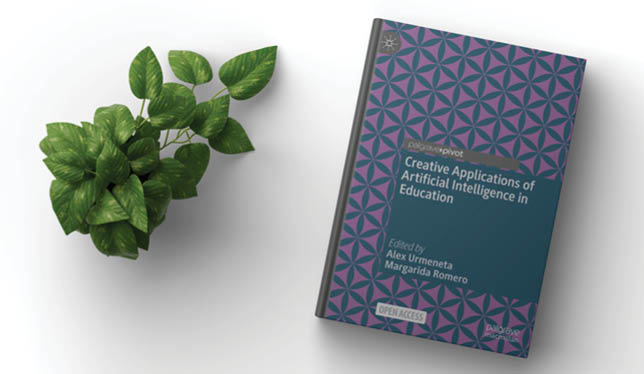Reflections on teaching and practice as cross-cultural communication
The cultural dimension is particularly important as Canadian universities enroll more and more international students.

Two thousand five hundred years ago, the great educator Confucius said “education is for everybody, education should be inclusive.” He made this comment in the context that a teacher should have three responsibilities: to teach knowledge, to teach good values, to inspire when students are confused.
Teaching, to me, is a cross-cultural endeavor, across East and West, across generation gaps, across backgrounds, across research and practice.
It is so natural that we like people who are like us. But in a multicultural nation like Canada, a teacher needs to communicate cross-culturally, to understand our students who may not be like us.
About 40 years ago when I was a graduate student, I wrote a term paper for an organizational behaviour course on cross-cultural management. The paper focused on whether North American educational practices apply abroad. It was an educational topic that didn’t quite match the business course. But my professor allowed me to work on the topic anyway. So, I did my research to compare Western and Eastern educational approaches. Drawing on reference books such as Education in Western Culture, I wrote about the so-called golden rules in Western education: freedom, participation, individuality, critical thinking, etc.
When I look back now, of course, that paper was very superficial. But my choice of an educational topic for a term paper in a business course hinted at my interest in a teaching career even when I was young, even when I was in a business program.
I was born and raised in Hong Kong, which was then a British colony, a meeting point of Western and Eastern cultures. I came to Canada for my undergraduate studies and continued as a graduate student in the United Kingdom. I then started teaching in Hong Kong, and have now been teaching in Canada for 26 years.
I can sense the East-West cultural differences in education. The cultural dimension is not just about accents or language differences. It is much deeper than that. It is how people in different cultures feel, think, act, and interact with each other. This is important as Canadian universities are enrolling more and more international students and new immigrants.
Teaching is cross-cultural communication in another sense, since the teacher and the students often belong to different generations. After teaching at universities for 36 years, the generation gap between me and my students is real. It requires cross-cultural communication skills to close the generation gap.
Someone once told me a joke about three accounting professors. They were drinking coffee in a faculty lounge. Professor Fellow said, “I am not good at professional practice, so I do academic research.” Professor Chan said, “I cannot do research, so I teach.” Professor Anthony followed, “Well, I am not good at professional practice, I cannot do research and I cannot teach, so I teach other people how to teach.”
Are these three things – professional practice, research, and teaching – so separate? I don’t think so. For me, they go hand in hand. I am an accounting professor. Accounting is a professional discipline. Accounting research and teaching cannot be meaningful if they are separate from real-life practice.
We hear from time to time the opinion that a professor spending more time and energy doing research will pay less attention to teaching students. I don’t agree with this opinion. It is my belief that a productive researcher can also be a good teacher at the same time In essence, integrating research, teaching and practice is a cross-cultural endeavor to transcend boundaries.
Anthony Moung Yin Chan is a professor of accounting at Toronto Metropolitan University, a fellow with the Chartered Professional Accountants of Ontario, and a recipient of multiple teaching awards.
Featured Jobs
- Electrical and Computer Engineering - Assistant/Associate ProfessorWestern University
- Electrical Engineering - Assistant Professor (Electromagnetic/Photonic Devices and Systems)Toronto Metropolitan University
- Indigenous Studies - Assistant Professor, 1-year termFirst Nations University of Canada
- Economics - Associate/Full Professor of TeachingThe University of British Columbia














Post a comment
University Affairs moderates all comments according to the following guidelines. If approved, comments generally appear within one business day. We may republish particularly insightful remarks in our print edition or elsewhere.